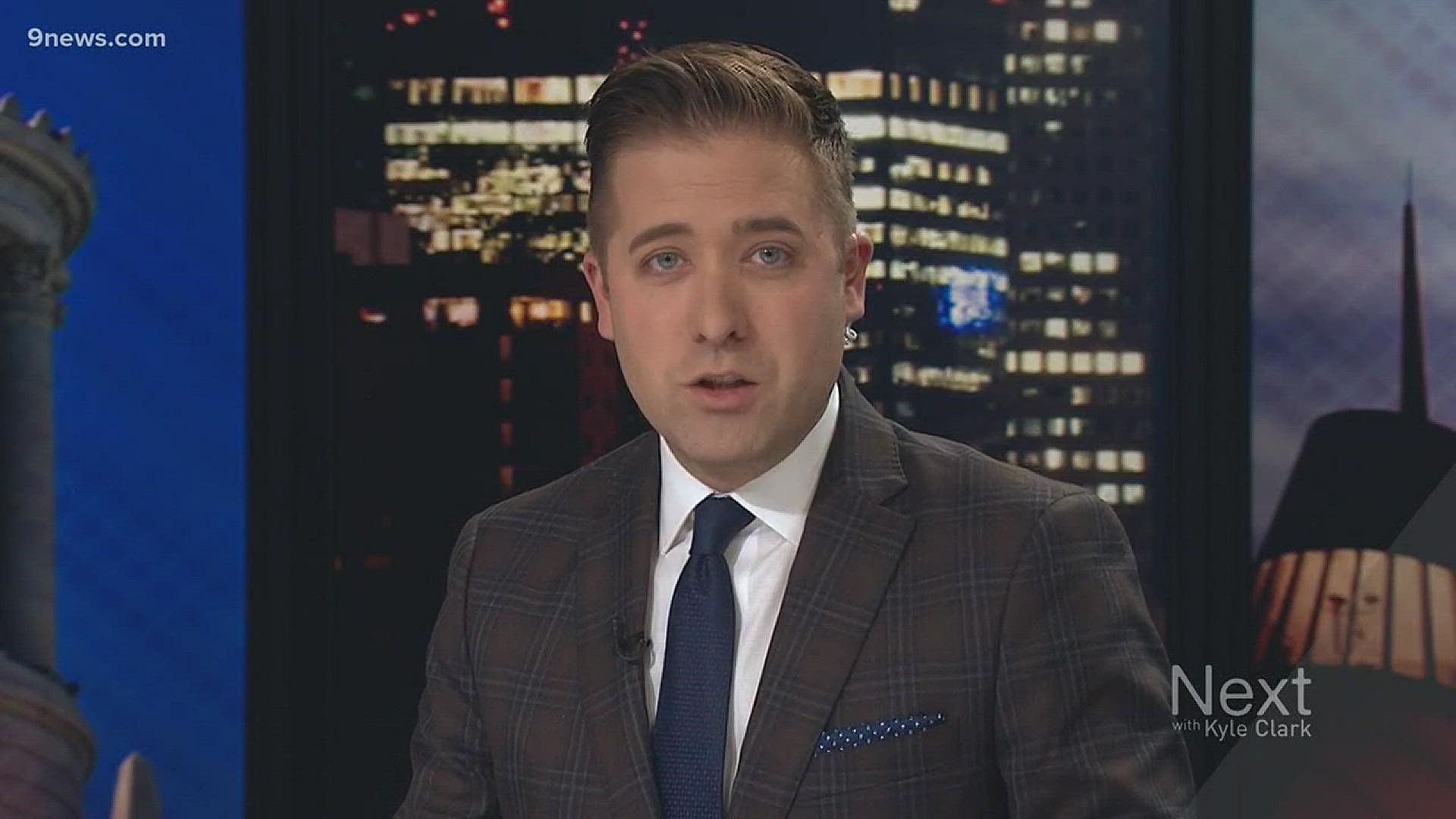DENVER — The next time you're stuck in traffic on the highway, ask yourself if you would pay to get out of the jam.
When the Colorado Department of Transportation expanded Interstate 25 from Broadway in Denver to Lincoln Avenue in Lone Tree, it did so without a toll lane.
In 2001, CDOT started TREX - Transportation Expansion. It ended in 2006 and resulted in light rail along I-25 from Denver to Park Meadows, as well as added lanes in both directions without forcing drivers to pay to use those lanes.
"One of the ways to make sure that people can have a reliable travel time when they need it is through a managed lane," said CDOT High-Performance Transportation Enterprise Director David Spector.
The HPTE is the branch of CDOT that figures out how to pay for new roads. You may know them more by their toll lanes, such as U.S. 36 from Denver to Boulder, I-70 in the mountains, I-25 from U.S. 36 to 120th Avenue, C-470 from I-25 to Wadsworth Boulevard.
"If you look at our existing managed lanes, U.S. 36, mountain express lanes, I-25 North, what we're seeing is faster times across all the lanes of traffic, the general purpose lanes -- the free lanes -- and the tolled express lanes," said Spector.
But State Sen. Paul Lundeen (R-Monument) doesn't want tolls to be the go-to answer.
"From the perspective of the people, they should assume that they are not going to toll the road," said Lundeen.
He pushed a bill at the Capitol Tuesday - in a committee with more empty chairs than people listening - which would have forced CDOT to show its work. The bill failed, but would have made CDOT prove to the people that every other option is unfeasible, unsafe and does not relieve traffic, before it would be allowed to consider a toll lane.
"The assumption is you will not toll the road unless you can prove in a good public conversation, with the people and their elected representatives, that there is no other way to build and maintain the road," said Lundeen. "CDOT says, 'OK, we're going to go on a listening tour, we're going to listen to what the people say.' When in reality, they're not actually listening, they're simply going out to placate people to endorse or to validate the assumption they've already made, which is we're going to toll the road."
According to Spector, CDOT cannot eliminate the idea of toll lanes from the start. Otherwise, Colorado could miss out on federal funding if it doesn't show that it has considered every option.
"The bill is really inconsistent with what we're required to do anyway under federal law," said Spector.
"When you have a population in Colorado that's going to grow to 8 million people by 2040, we really do need to make sure we look at all the alternatives, about how we can ensure travel time reliability, not just today but 20 years from now. so I think managed lanes need to be, at least, part of the analysis when we're looking at what kind of projects we do."
The gap project on I-25 between Castle Rock and Monument is adding a toll lane in each direction. Lundeen is trying to see that those lanes get opened without a toll. Those toll lanes are supposed to be ready for use in 2022.
More from Next with Kyle Clark:

